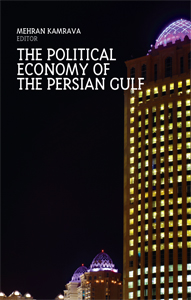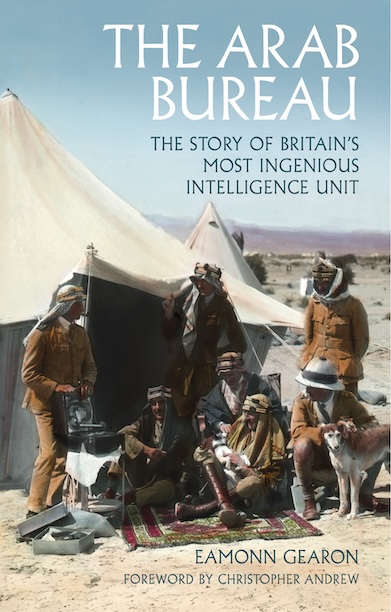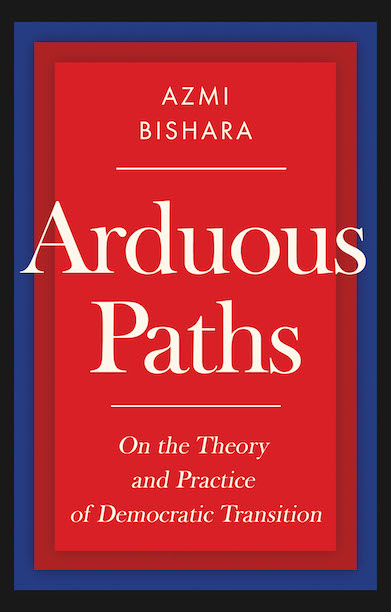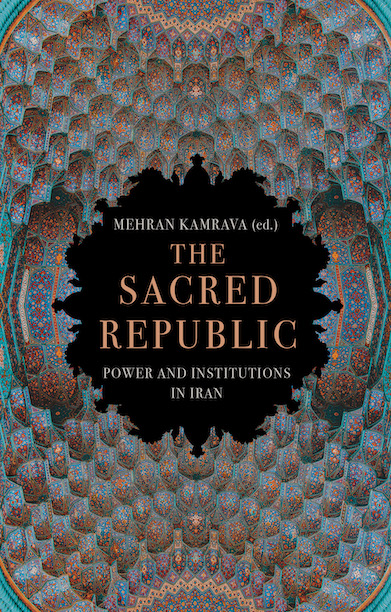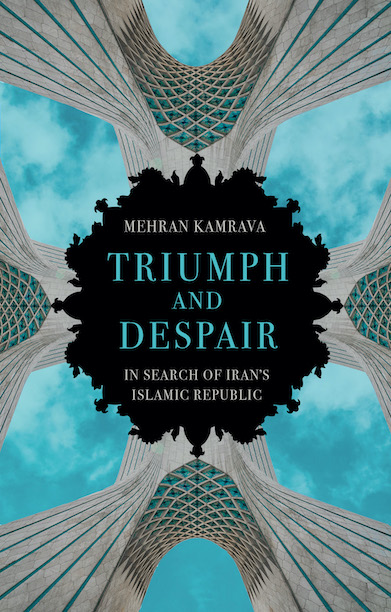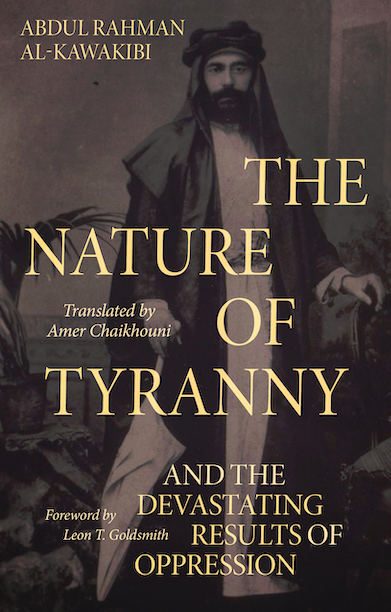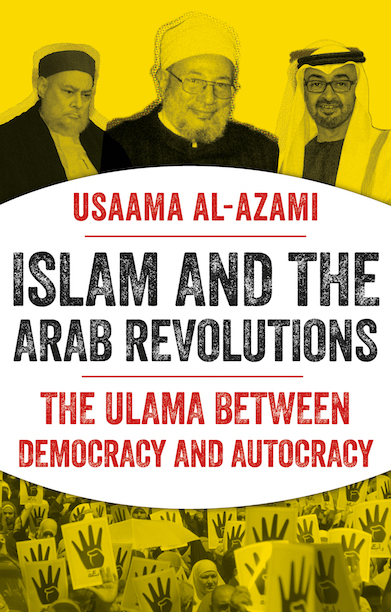The Political Economy of the Persian Gulf
‘An indispensible survey of three decades of developments in the political economy of states on both sides of the Gulf including Iraq and Iran. … A must for all those interested in the impact of vast oil wealth in this strategically important region.’ — Roger Owen, Professor of Middle East History, Harvard University
Description
Change occurs rapidly in the Persian Gulf. While some states have capitalised on the fast-paced nature of globalised fiscal transactions and have become important markets for foreign investment, others have fallen victim to such speculations. The ‘Dubai Model’ of economic diversification is being re-evaluated as the GCC states continue to seek the best means of organizing their economies and competing within the global order.
Explaining the different ways in which globalising forces have shaped new dimensions to the political economy of the Persian Gulf states, this book evaluates the changes that have occurred, especially in light of the ongoing global economic crisis. Mutually beneficial rentier arrangements have guided the GCC countries formation of oil-based economies and labor relations in the past, but will this necessarily be the case in the future? This book addresses key issues including discussion on the future demographic aspects of the GCC ; the feasibility of establishing a GCC monetary union; the effects of rentierism on state autonomy; and analysis of sovereign wealth funds and Islamic banking models.
Table of contents
Acknowledgments
About the Contributors
- Introduction Mehran Kamrava
Part I
Trends in the Political Economy of the Persian Gulf
- The Persian Gulf in the Contemporary International Economy
Fred H. Lawson
- The Political Economy of Rentierism in the Persian Gulf
Mehran Kamrava
- The Sovereign Wealth Funds of the Persian Gulf
Jean-François Seznec
- Knowledge Based Economies in the GCC
Kristian Coates Ulrichsen
Part II
People, Money, and Banking in the Persian Gulf
- Étatisme Versus Market Driven Islamic Banking: The Experiences
of Iran and the Arabian Peninsula Compared
Rodney Wilson
- Population and Human Capital in the Persian Gulf
Djavad Salehi-Isfahani
- The Gulf Cooperation Council Monetary Union
Alexis Antoniades
Part III
Case Studies
- The Dubai Model: Diversification and Slowdown
Christopher Davidson
- Good, Bad or Both? The Impact of Oil on the Saudi
Political Economy Steffen Hertog
- The Political Economy of Rentierism in Iran
Massoud Karshenas and Ziba Moshaver
Index
Reviews
‘An indispensible survey of three decades of developments in the political economy of states on both sides of the Gulf including Iraq and Iran. Includes most recent information on sovereign wealth funds, Islamic banking and the attempts at monetary union as well as the inside story of the collapse of the Dubai property market. A must for all those interested in the impact of vast oil wealth in this strategically important region.’ — Roger Owen, Professor of Middle East History, Harvard University
‘The book’s central thematic interest is the growing significance of the Persian Gulf on the global stage and the concomitant socio-economic changes these countries have been experiencing for the last ten years. … it presents a multi-faceted, subtle and complementary picture of the current economic dynamics in the GCC and Iran, the social and economic achievements, as well as the long-term trends plaguing the region’s development. … Undoubtedly, it is bound to become a key point of reference for any work on the economy and political economy of Iran and the Gulf monarchies and a prerequisite for researchers interested in the political economy of the Middle East and more broadly in post-rentier and developmental strategies in the region and elsewhere.’ — Dr Marc Valeri, author of Oman: Politics and Society in the Qaboos State
‘This unique collection, the first of its kind to focus explicitly on the political economy of the Persian Gulf countries as a group, brings together the best international scholars on the region to tackle issues of theoretical importance and political relevance.’ — F. Gregory Gause, III, Chair, Political Science Department, University of Vermont and author of The International Relations of the Persian Gulf
Editor(s)
Mehran Kamrava is Professor of Government at Georgetown University in Qatar, and Director of the Iranian Studies Unit at the Arab Center for Research and Policy Studies. His books on Iranian and Middle Eastern affairs include Inside the Arab State and Triumph and Despair, both published by Hurst.
